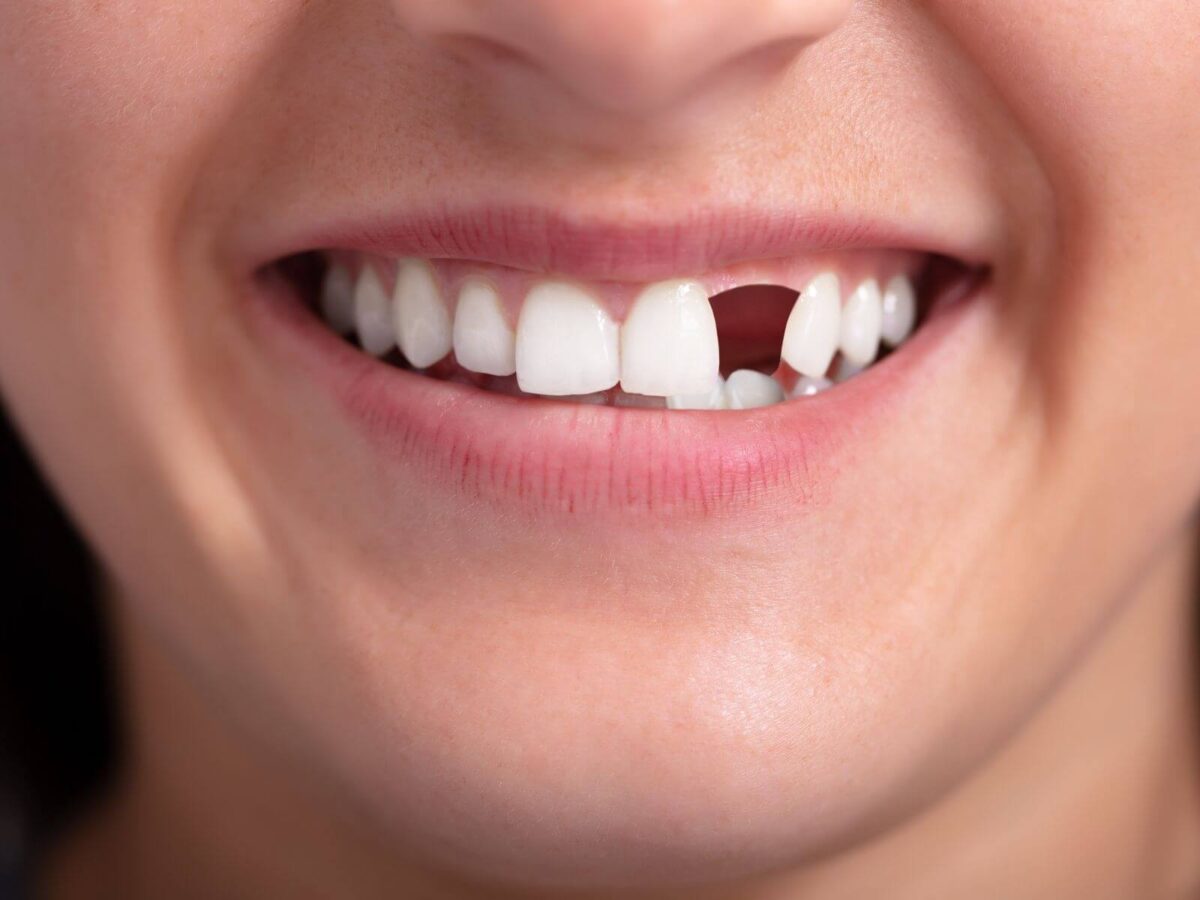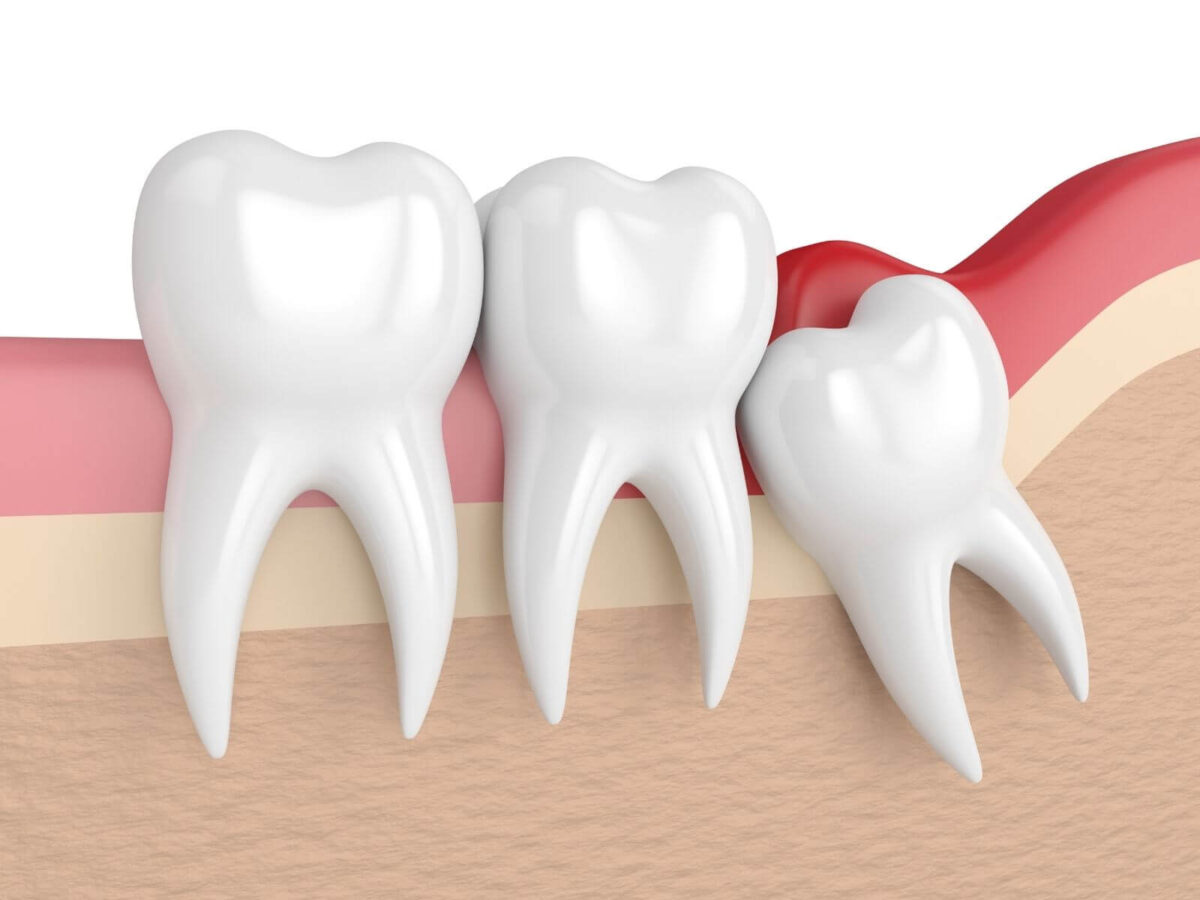Tooth loss can be caused by a number of things, such as cavities, gum disease, injuries, or just getting older. Losing one or more teeth may not seem like a big deal, but it can have a big effect on a person’s general oral health.
Tooth loss can affect everything from the ability to chew to the way other teeth fit together. Find out about the effects of losing teeth and try to fix them with Grangerland Dentist. It will help your mouth health and quality of life in the long run.
Why Some People Lose Their Teeth And Gums
The major reasons behind tooth loss, as per Grangerland Dentist, are –
- Gum Disease
Most of the time, people lose their teeth because of cavities and gum disease. When an infection or decay gets to the root of a tooth, it usually needs to be taken out. When gum disease gets bad enough (periodontitis), it can kill the bone and tissue that support teeth, which can cause you to lose your teeth. - Damage or Injury
Tooth damage or loss can happen in accidents, sports injuries, and other physical stress. After an accident, it’s important to see a dentist right away because quick action could help save the tooth or stop more problems from happening. - Wear and Aging
Teeth may be lost as one ages or worn down over time. When an older person’s bones and gums weaken, their teeth are more likely to fall out.
How Losing Teeth Affects Your Oral Health
Lost teeth can have several bad effects. Some of the tooth loss impacts are –
- Jaw Bone Loss
When you lose teeth, you lose bone in your jaw, which is a severe issue. The jawbone stays dense because it gets regular input from teeth. Without this input, bone resorption takes place, which weakens the jaw and changes the shape of the face over time. It might make your face look “sunken,” a sign of aging. - Shifting of Teeth
The teeth next to a missing tooth may shift into the space, disrupting your bite. It can cause biting issues, tooth wear, jaw pain, and a change in your smile. - Speech & Chewing Issues
Some foods are challenging to chew without teeth, limiting your meal options. Losing teeth can also impair digestion and nutrition. Speech also requires teeth. Some sounds, especially front teeth, can be difficult to speak after losing teeth. - Psychological Effects
Losing teeth can make people feel self-conscious about their appearance. People who don’t have enough teeth may have trouble making friends, which could be bad for their mental health.
Tips for Preventing Tooth Loss by Grangerland Dentist
- Brushing, flossing, and using mouthwash daily will help keep teeth healthy. These procedures can eradicate the germs and plaque that cause tooth loss.
- Regular dental exams help dentists spot and fix issues. 6 monthly cleanings decrease tartar and prevent gum disease.
- Mouthguards protect teeth from sports and other potentially dangerous activities. Avoiding teeth grinding and hard chewing helps to lessen the risk of breakage.
- A diet low in sugar and high in vitamins and minerals can strengthen teeth and gums—calcium and vitamin D support bone and tooth health.
Solutions for Tooth Loss
Grangerland Dentist mentions these solutions for tooth loss, which can be effective for your oral health.
- Implants
Dental implants are often used to replace lost teeth. They provide a strong, long-lasting repair to prevent jawbone breakdown. Implants are placed into the mouth and have a crown on top that looks like a real tooth. - Bridges
You could also get a dental bridge to replace one or more lost teeth. It involves putting a false tooth in the space and holding it in place with crowns on the teeth next to it. It keeps the teeth from moving and gets them back to working properly for chewing. - Dentures
Dentures are a cheaper and less invasive way to replace many lost teeth. They don’t stimulate the bone as much as implants do, but they make it easier to chew and speak than when you didn’t have new teeth.
Living with Missing Teeth And Getting Used to New Teeth
- You may require time to adjust to implants, bridges, or teeth. Practice talking and eating to adjust. Regular dental checkups at Grangerland Dentist ensure replacements are operating and comfortable.
- Giving up missing teeth can make you feel more confident and at ease around other people. People often feel better about themselves and more confident when they can smile and say what they want.
- Modern dentistry has simplified the process of healthy tooth loss. CAD/CAM technology, digital imaging, and 3D printing enable the creation of more precise and comfortable prostheses, bridges, and implants.
Conclusion
People lose teeth all the time, but it’s not a small problem. The results can be more than just how you look. They can damage your jaw, diet, speech, and mental health. Grangerland Dentist gives you complete details regarding tooth loss in this article.
Learning about the causes and implications of tooth loss, taking care of their teeth, and researching tooth replacement options can help people prevent adverse outcomes. Dental implants and professional help can restore teeth.




